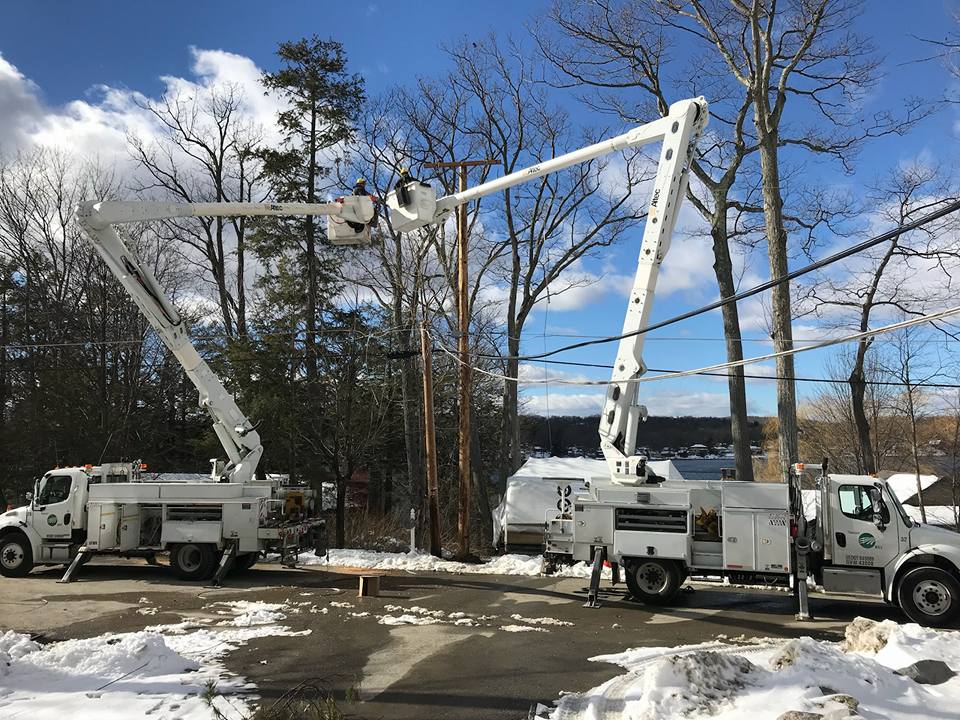
Electric cooperatives, with their experience in keeping the lights on in rugged conditions and at low costs for consumers, stand to enhance an expert panel set to make recommendations to the Department of Energy on grid resiliency.
Clay Koplin, CEO of Cordova Electric Cooperative, and Shaun Mann, R&D manager of Tri-State Generation and Transmission Association, have embarked on two-year appointments to DOE’s Electricity Advisory Committee. They join Pam Silberstein, NRECA regulatory issues director, government relations, who has served on the committee for the past four years.
While co-ops and DOE laboratories have a good partnership already, “having co-ops serve on this committee allows for strengthening that bond for further collaboration,” Silberstein said.
“Co-ops offer this committee invaluable, real-world experience of keeping the lights on for the consumers at the very end of the line, oftentimes with limited resources,” she said. “When DOE proposes electricity initiatives, co-ops will voice the need to consider cost impacts for consumers across the country.”
Koplin says Alaska’s Cordova Electric is a microcosm of the “North American Energy Systems Resiliency Model” that the advisory group wants to develop. Cordova is working with the Idaho National Laboratory, the Alaska Village Electric Cooperative in Anchorage and universities on the “Radiance Project” to build a grid resilient to harsh weather, cyberattacks and other challenges.
Cordova’s members requested that all the power lines be underground or under water. In his 20 years with the co-op, which is nestled in Alaska’s Prince William Sound, the outages are always resolved “within a few hours, and usually within a few minutes,” he said.
“We are extremely resilient. Members wanted that,” said Koplin. “Outages are few and far between and short-lived.”
With the committee’s current emphasis on grid reliability, resiliency and energy storage, Mann said the electric co-ops, like his in Westminster, Colorado, will work to ensure that their experience and distinctions will be raised.
“The resiliency needs in the communities our members serve are substantially different from those in more densely populated areas,” Mann said.
“Whether we’re talking about T&D or fuel resiliency, rural systems are more radial, rather than networked, so the loss of a single transmission, distribution, or fuel supply line is more impactful.”
Cathy Cash is a staff writer at NRECA.